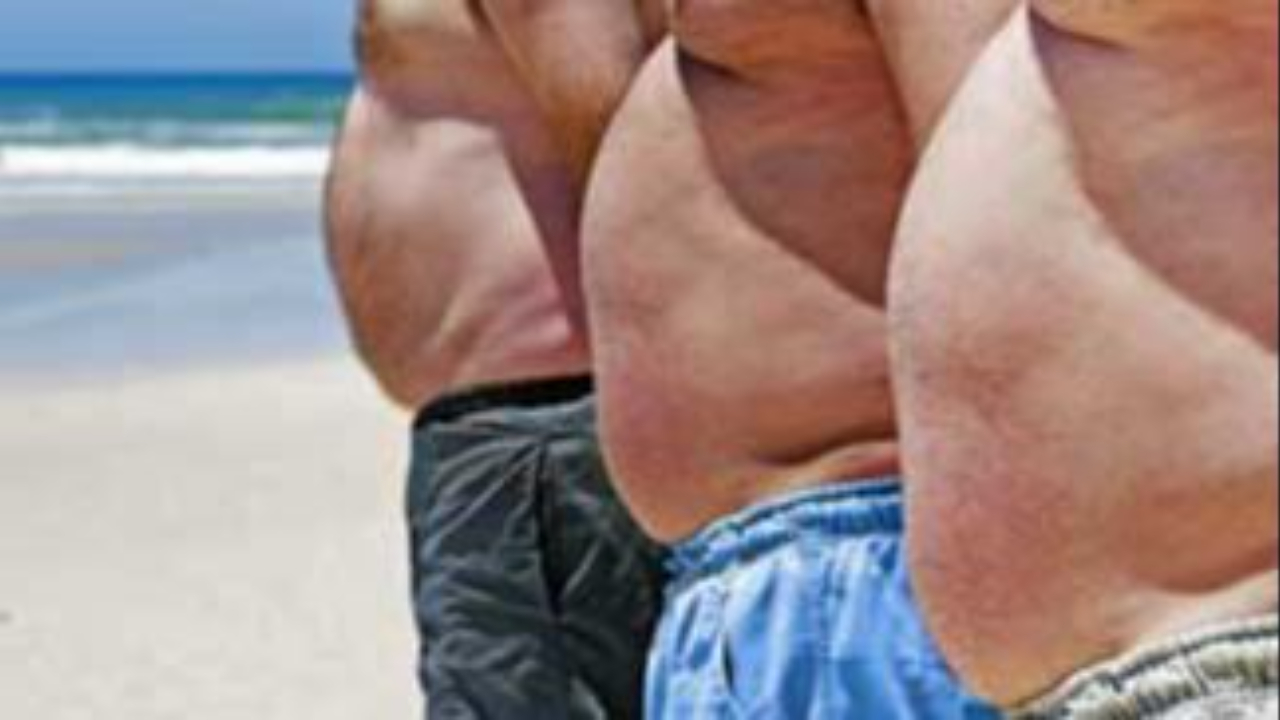Your Body Doesn’t Take a Vacation
Mar 17, 2025
While taking a short break on a Caribbean beach, I watched people basking in the sun, laughing, swimming, and enjoying the moment. But I couldn’t help but notice how many were struggling with discomfort—pressing their hands against bloated stomachs, adjusting their swimsuits, or shifting uneasily in their chairs. It wasn’t just a passing feeling of fullness; their bodies were speaking, revealing a deeper struggle.
Bloating isn’t just about eating too much—it’s a sign of an overburdened gut and liver. When bile production slows due to a sluggish liver, toxins meant for elimination instead recirculate, feeding harmful bacteria. Strep overgrowth can lead to SIBO, trapping gas and stretching the intestines. Undigested fats and proteins linger, fueling pathogens while ammonia gas from decomposing food creates even more swelling, discomfort, and cramping.
With each sip of a cocktail or bite of rich vacation food, the cycle continues—poor digestion, weakened stomach acid, and bacterial imbalances all adding to the bloated, sluggish feeling. What seems like a minor annoyance is actually the body’s way of crying out for relief.
Every bite matters. Fatty food may satisfy the taste buds, but when consumed daily, it contributes to obesity, heart and cholesterol problems, varicose veins, and many chronic conditions.
When you go on vacation, your body does not. It works tirelessly, protecting you every minute. It doesn’t need fancy drinks with artificial coloring or flavors. It would do anything to shield your brain and heart from those toxins.
It was just a short break for me on a sandy beach by the turquoise Caribbean ocean. But there is still time for you to adjust your eating habits—to give your organs real rest from fatty and processed foods, especially now, when spring offers the perfect time to cleanse. Just as nature shifts from winter to spring and summer to fall, your body naturally seeks renewal.
You can join my Detox and Cleansing Course coming this April. Let’s support your body in what it’s already trying to do—heal.
To your health, happiness and uplifted thoughts
Maka Catori
Nutritionist, Herbalist
Medical Intuitive
Healing Meditation Teacher

